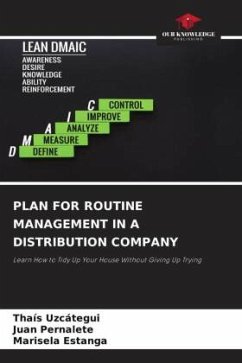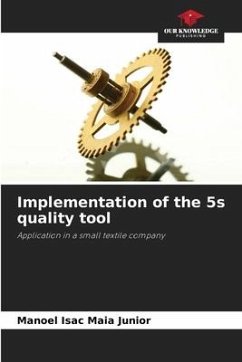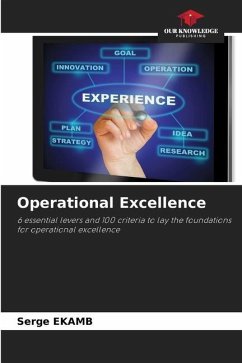
Health information: a neglected tool for strategic management
Case of the operational level
Versandkostenfrei!
Versandfertig in 6-10 Tagen
27,99 €
inkl. MwSt.

PAYBACK Punkte
14 °P sammeln!
During our training in public health, we were struck by the discrepancy between the operating standards for a local health system (LHS) to be effective and the reality that we experienced in our previous work in the health district. Of the six components of the LH system, we analyzed the problem of the routine health information system (HIS). Indeed, the weakness of the HIS is profound and deserves a great deal of attention, not at the level of an individual like us, but rather at the regional or even national level. We therefore conducted a case study based on a description of HIS management ...
During our training in public health, we were struck by the discrepancy between the operating standards for a local health system (LHS) to be effective and the reality that we experienced in our previous work in the health district. Of the six components of the LH system, we analyzed the problem of the routine health information system (HIS). Indeed, the weakness of the HIS is profound and deserves a great deal of attention, not at the level of an individual like us, but rather at the regional or even national level. We therefore conducted a case study based on a description of HIS management at the national level in Cameroon and in an entry-level health facility. The analysis underpinned by the framework inspired by the information production process (Lippeveld, 2000) identified numerous bottlenecks. Beyond the solutions proposed in this work, we believe that a paradigm shift is needed, developing an organization that empowers itself by learning from its health data, transformedinto collective intelligence. The challenge to achieve this is enormous but possible with political will.












